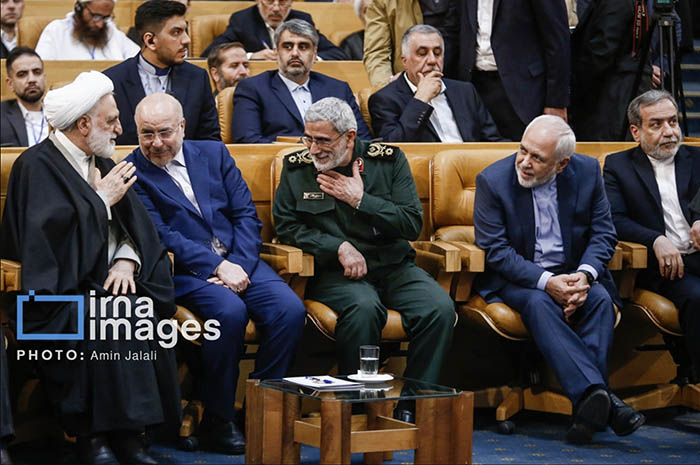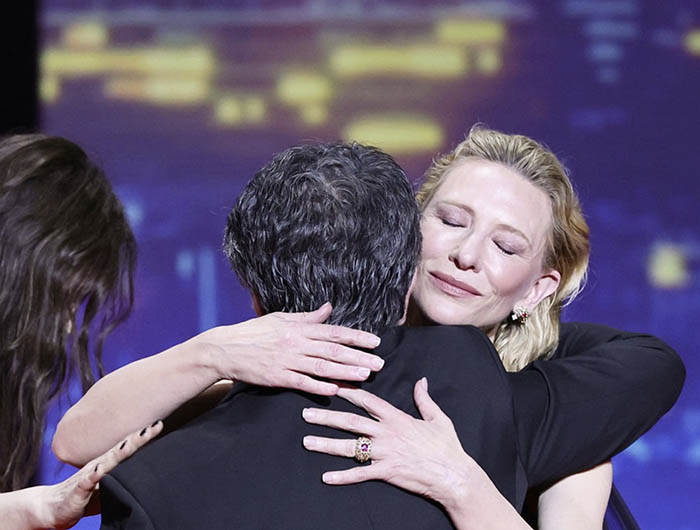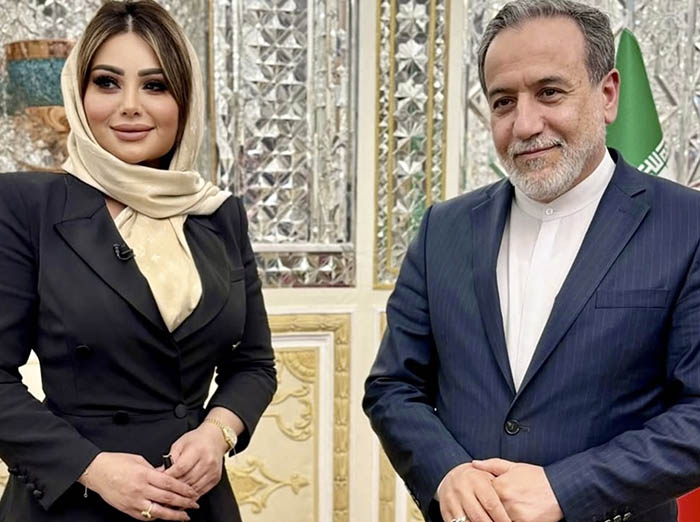Top 11 Highlights of the Nasrallah International Conference 2024

A Diverse Gathering of Minds
The conference was notable not just for the high-profile Iranian officials present, but also for the international experts who brought diverse perspectives to the table. The attendees included political scientists, military strategists, and analysts specializing in Middle Eastern geopolitics. Among the participants were representatives from countries such as Iraq, Syria, Lebanon, Venezuela, and various other nations aligned with the resistance movements inspired by Nasrallah’s teachings.
This diversity fostered rich discussions about the various strategies employed in resistance movements around the world, drawing parallels to the teachings of Nasrallah. Such dialogues are essential in understanding how local struggles can resonate on a global scale, leading to collective action against perceived injustices.
Insights from Keynote Speakers
During the conference, Mohammed Baqer Qalibaf, as the Speaker of the Islamic Council, emphasized the necessity of unity among resistance factions. He pointed out that in times where imperialistic powers seek to undermine sovereignty and independence, it is crucial for like-minded nations to forge strong alliances. He posited that the ideological roots established by leaders like Nasrallah can serve as a foundation for broader coalitions against common threats.
Gholamhossein Mohseni Azhei, the Head of the Judiciary, addressed the legal and ethical considerations surrounding resistance movements. He insisted that the fight for justice is not only legitimate but also a responsibility of nations striving to uphold their sovereignty and protect their people. His remarks were particularly poignant given the current legal challenges faced by various nations within the framework of international law.
General Ismail Qaani, Commander of the Quds Force, shared insights on military strategies and the lessons learned from Hezbollah’s confrontations with regional adversaries, particularly Israel. Qaani articulated that military success is inseparable from ideological steadfastness, stating, “A strong ideology gives meaning to military actions and determines their legitimacy.”
Syed Abbas Araghchi, with his background in diplomacy, highlighted the importance of dialogue in achieving peace and stability in the region. He argued that while resistance is necessary, it must be complemented by diplomatic efforts aimed at resolving conflicts through negotiation and understanding. His remarks underscored the need for a balanced approach that integrates military preparedness with diplomatic initiatives.




